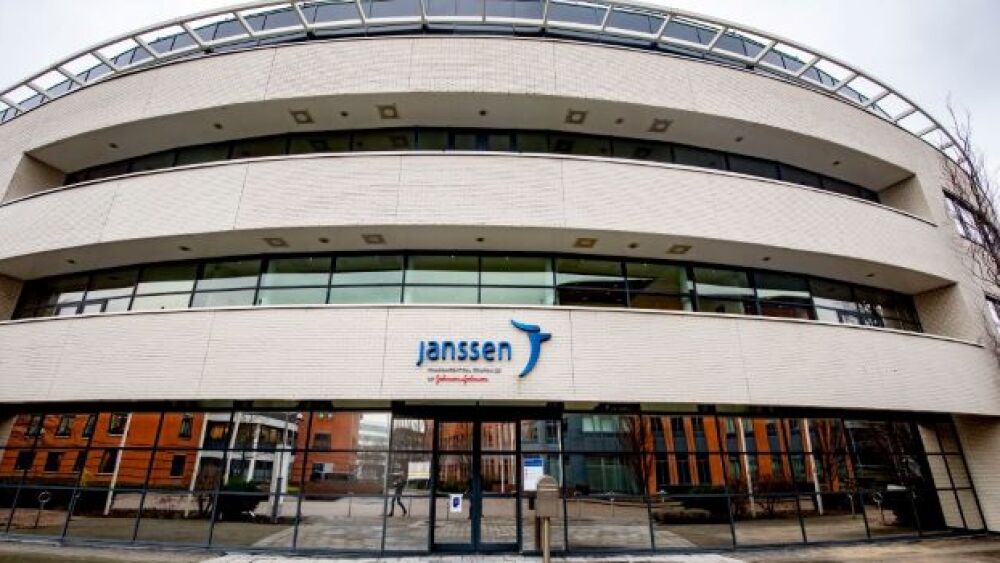Thursday, Fate Therapeutics announced it terminated the 2020 collaboration agreement with Johnson & Johnson’s biopharma subsidiary Janssen.
Courtesy of Getty Images
On Thursday, Fate Therapeutics announced it terminated a 2020 collaboration agreement with Johnson & Johnson’s biopharma subsidiary Janssen. In response, the next-generation cell therapy company’s stock sank by 54% in pre-market trading Friday.
On April 2, 2020, Fate and Janssen jointly announced a research partnership to develop induced pluripotent stem cell (iPSC)-derived CAR natural killer and CAR T-cell product candidates for cancer treatment. As part of the original agreement, Fate received a $50 million upfront payment and a matching $50 million equity investment from J&J.
Fate was also eligible for up to $3 billion in various milestone payments and double-digit royalties on any net sales from the collaboration.
However, with the end of this deal, most of these future milestone payments have effectively been excised from Fate’s underlying value proposition. Shareholders, as a result, are hitting the exits Friday.
Scott Wolchko, president and chief executive officer of Fate, expressed disappointment in the collaboration failure in a prepared statement.
“Two product candidates targeting high-value, clinically-validated hematology antigens were set to enter clinical development in 2023,” he said. Now, that plan will have to shift.
The collaboration will wind down over the course of the first quarter, according to Fate. Janssen will reportedly be responsible for the costs associated with ending the partnership.
Along with this collaboration termination, the cell therapy specialist announced a workforce and expense reduction plan to extend the company’s cash runway to 2025.
Fate noted in the accompanying SEC filing that its cash and cash equivalents totaled $475 million at the end of 2022. The company said this amount should be sufficient to cover its operational expenses through the end of 2025.
In the future, Fate plans to prioritize the development of its second-generation CD19-targeted CAR NK cell program.
The drugmaker expects to file the program’s first Investigational New Drug application in mid-2023.
The proposed Phase I study will evaluate a second-generation cell therapy program in combination with a CD20-targeted mAb therapy for treating non-Hodgkin’s lymphoma.





